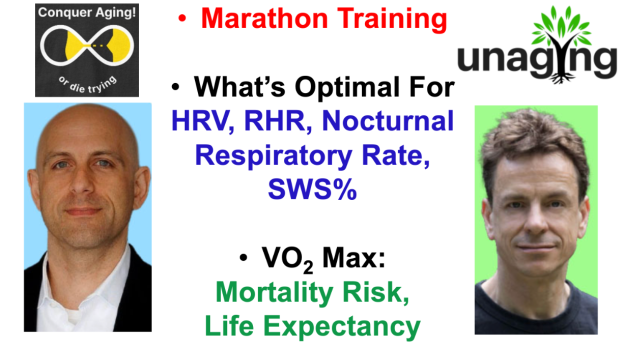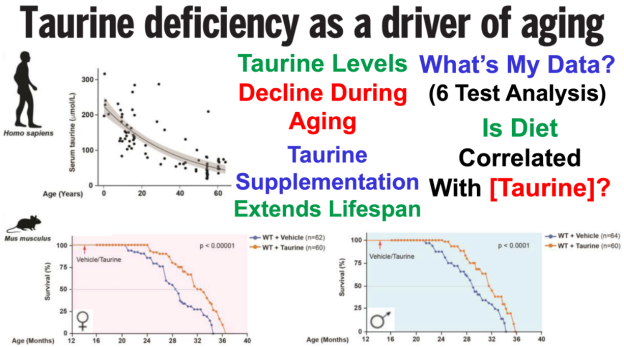Join us on Patreon! https://www.patreon.com/MichaelLustgartenPhD
Discount Links:
Telomere and Epigenetic Testing: Trudiagnostic.pxf.io/R55XDv
Use Code: CONQUERAGING
NAD+ Quantification: https://www.jinfiniti.com/intracellular-nad-test/
Use Code: ConquerAging At Checkout
At-Home Metabolomics: https://iollo.com?ref=michael-lustgarten Use Code: CONQUERAGING At Checkout
Oral Microbiome (Enter Code: ConquerAging): https://www.bristlehealth.com/?ref=michaellustgarten
Green Tea: https://www.ochaandco.com/?ref=conqueraging
At-Home Blood Testing: https://getquantify.io/mlustgarten
Diet Tracking: https://shareasale.com/r.cfm?b=1390137&u=3266601&m=61121&urllink=&afftrack=
If you’d like to support the channel, you can do that with the website, Buy Me A Coffee: https://www.buymeacoffee.com/mlhnrca
Conquer Aging Or Die Trying Merch! https://my-store-d4e7df.creator-spring.com/
——————————————————————————————————————————-Papers referenced in the video:
Leisure-Time Running Reduces All-Cause and Cardiovascular Mortality Risk
https://www.sciencedirect.com/science/article/pii/S0735109714027466
Training-Induced Changes in Mitochondrial Content and Respiratory Function in Human Skeletal Muscle https://pubmed.ncbi.nlm.nih.gov/29934848/
Improved Marathon Performance by In-Race Nutritional Strategy Intervention https://pubmed.ncbi.nlm.nih.gov/24901444/
Inter- and intra-individual variability in daily resting heart rate and its associations with age, sex, sleep, BMI, and time of year: Retrospective, longitudinal cohort study of 92,457 adults https://pubmed.ncbi.nlm.nih.gov/32023264/
Heart rate variability with photoplethysmography in 8 million individuals: a cross-sectional study https://pubmed.ncbi.nlm.nih.gov/33328029/
Cardiorespiratory Fitness and Mortality Risk Across the Spectra of Age, Race, and Sex
https://pubmed.ncbi.nlm.nih.gov/35926933/
Mean nocturnal respiratory rate predicts cardiovascular and all-cause mortality in community-dwelling older men and women
https://pubmed.ncbi.nlm.nih.gov/31151958/
Meta-Analysis of Quantitative Sleep Parameters From Childhood to Old Age in Healthy Individuals: Developing Normative Sleep Values Across the Human Lifespan https://pubmed.ncbi.nlm.nih.gov/15586779/









